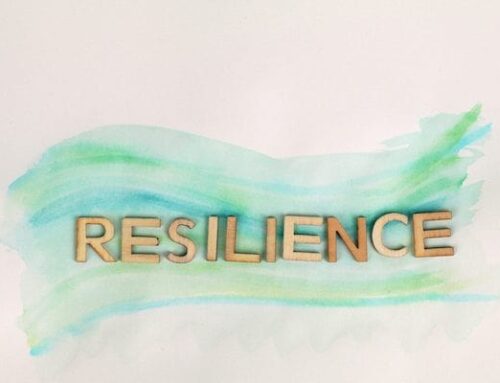The very first steps in your recovery from addiction might seem daunting. It wasn’t effortless getting through the withdrawal symptoms, but you did it. Now it’s time to start thinking about the long-term.
It’s necessary to build a sustainable recovery program to make those efforts count in the long-run. Several criteria play an integrated role in long-term recovery.
These vital steps will sustain your recovery for years and even decades down the line. Thankfully, they are uncomplicated concepts.
Here’s how you can build your own recovery.
Develop Healthy Ways of Coping
 First, it helps to have several healthy ways of coping with stress. Coping strategies are essential so that when you experience anxiety or a trigger, you are not tempted to reach for a “crutch.” Examples of healthy coping strategies include:
First, it helps to have several healthy ways of coping with stress. Coping strategies are essential so that when you experience anxiety or a trigger, you are not tempted to reach for a “crutch.” Examples of healthy coping strategies include:
- Keep a reminder about why you want to stay sober, such as a photograph or quote.
- Have paper and pen handy to jot down notes, draw, or to otherwise redirect your energy.
- Practice mindful mediation and deep breathing.
- Recite a meaningful mantra or quote. For instance, in the 12-step programs, the Serenity Prayer is often used for such a purpose.
- Commit to physical movement — even dancing works!
- Listen to music or make music.
As you develop your game plan for coping, make sure you have several strategies in place. This approach will allow you to adapt to different situations, or if one strategy isn’t working.
Make Healthy Lifestyle Choices
The next component for building your own recovery is your lifestyle choices. These are the decisions you make each day that either support or detract from your recovery, such as:
- Sitting at home all day vs. getting out and going for a hike or run.
- Eating unhealthy foods vs. those rich in vitamins, minerals, and protein.
- Passively engaging in the world, such as watching TV vs. being an active participant (creating).
- Getting enough sleep daily vs. having an inconsistent sleep schedule
Individually, these choices might seem inconsequential. However, collectively they go a long way towards supporting your recovery.
Nurture Healthy Relationships
 As with anything in our lives, relationships play a central role in recovery work. Having healthy and supportive relationships that are meaningful is vital for staying sober.
As with anything in our lives, relationships play a central role in recovery work. Having healthy and supportive relationships that are meaningful is vital for staying sober.
If you have a family who is loving and supports your choice for sobriety, that’s great! It also helps to have friends that respect your decision, too. Sometimes friendships are with others in recovery.
Consider getting a sponsor to help you through the recovery process. Also, there are many groups and organizations dedicated to supporting people in recovery.
Keep in mind that it doesn’t mean having to spend hours in a dusty basement with a group of strangers. Today, many groups do exciting activities, such as outdoor adventures, to help others in recovery connect and build community.
Make It Meaningful
 The goal of recovery, besides sobriety, is making the process meaningful to you. This path needs to be in-depth and meaningful to you. Though, you don’t have to sense this emotion right away.
The goal of recovery, besides sobriety, is making the process meaningful to you. This path needs to be in-depth and meaningful to you. Though, you don’t have to sense this emotion right away.
Take time to work on other aspects of your recovery before tackling this one. However, making a recovery meaningful and personal for you will be necessary.
Consider setting aside time each day to write about your journey. Or, take a weekend retreat to take space and collect your thoughts.
—
Recovery is all about taking small steps, not just each day, but minute-by-minute. Over time, tiny choices that you make will lead to more significant outcomes.
If you struggle to build your own recovery, ask for help. Talk to a therapist today who has experience in addiction recovery.
If you would like support and are looking for a therapist, you can click here to learn more about therapy for addiction and then contact me for a free consultation.





